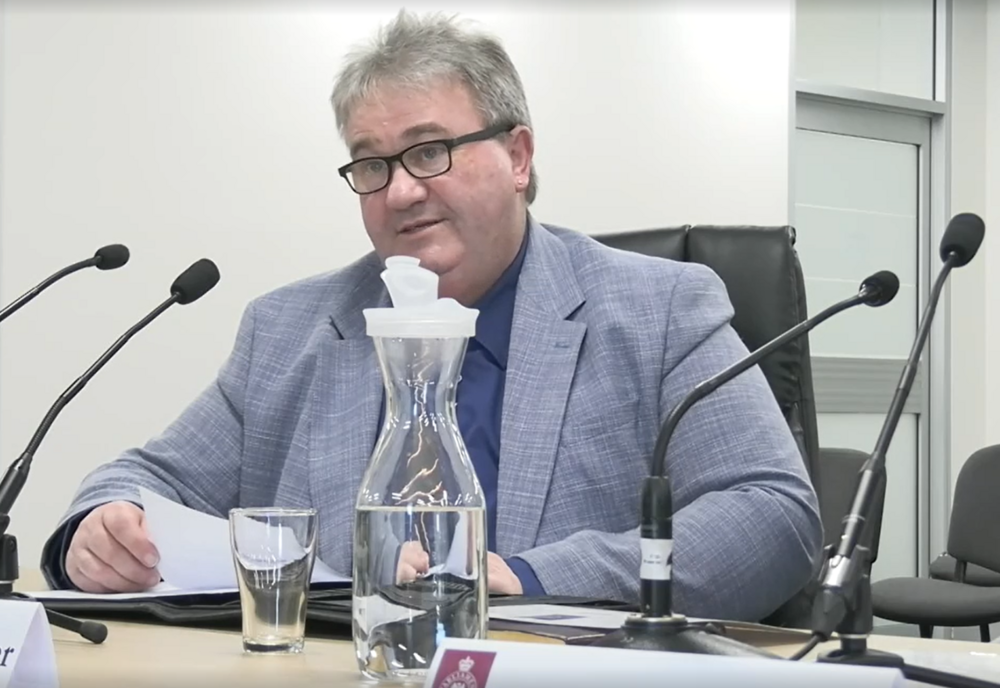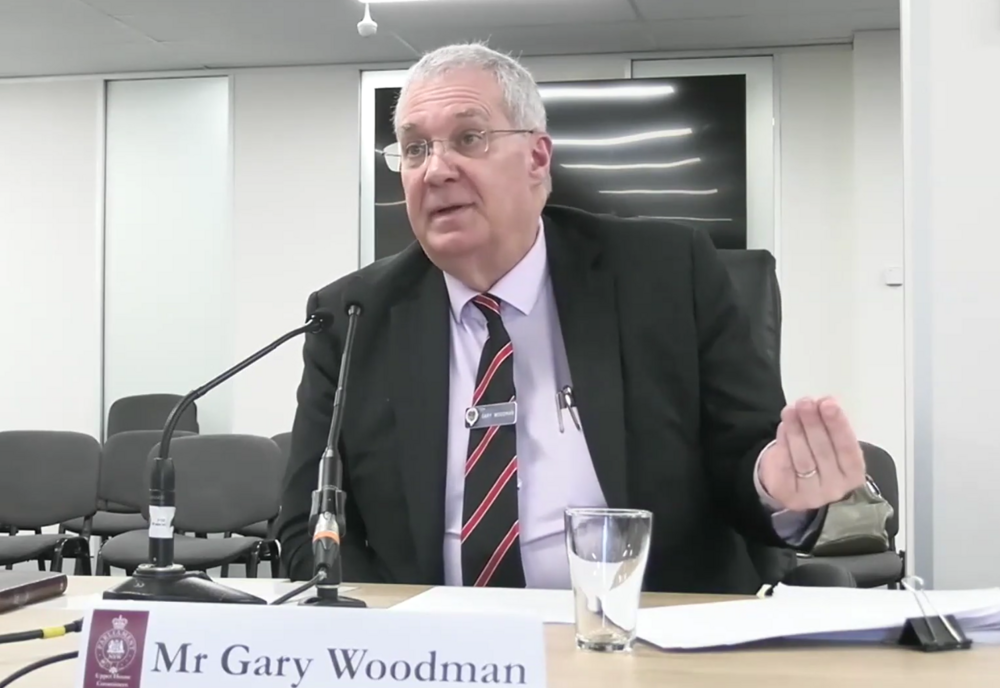Shire heads take aim at rate caps
River McCrossen
03 July 2024, 3:40 AM
 Narromine Shire Council's Director of Infrastructure and Engineering, Melanie Slimming
Narromine Shire Council's Director of Infrastructure and Engineering, Melanie SlimmingTop officials from Western Plains shire fronted a NSW government inquiry in Dubbo on Friday 28 June to raise their concern over yearly rate caps.
The NSW government put a 4.5 per cent base limit on how much Western Plains councils can raise rates in the 2024-25 financial year, also called a rate peg.
The peg was 3.7 per cent for the 2023-24 financial year, which ended on 1 July.
The Independent Pricing and Regulatory Tribunal (IPART) says the peg is aimed at protecting ratepayers from excessive increases.
However, Coonamble Shire General Manager Paul Gallagher told the inquiry into local governments' ability to fund services that the peg isn't keeping up with costs.
"We are, like other local governments, rate pegged at 3.7 per cent. That generates an additional $241 000 of income to Council. Our award wage for our staff this year was $345 000.
"So, rate pegging doesn't even come close to covering our wage increase," Mr Gallagher said.

Coonamble Shire Council General Manager Paul Gallagher at the hearing
The national inflation rate stood at about six per cent in June 2023 according to the Australian Bureau of Statistics' (ABS) Consumer Price Index (CPI).
That has steady dropped to 3.6 per cent in March 2024.
Mr Gallagher joined his shire's Director of Infrastructure Servies, Kerrie Murphy, during the afternoon session, as well Bourke Shire mayor Barry Holman and General Manager Leonie Brown.
The inquiry heard earlier that day from representatives from Warren and Narromine shires.
Warren Shire General Manager Gary Woodman told the inquiry it should be up to local councils to decide rate caps.
"The rate pegging has never taken into account the typical CPI increases of road maintenance, construction and inputs—the bitumen, steel and concrete," Mr Woodman said.
"I would suggest that over the years it has probably averaged 6 per cent to 8 per cent instead of small CPI increases by average across Australia. Rate pegging, of course, does not take into account the increase in costs of insurances, electricity.
"I think it needs to be up to the individual communities to make their own decisions instead of someone saying, 'Okay, your CPI is 3.1. We'll have a rate pegging of 2.5 per cent.' If a council is able to convince its community of an appropriate increase, it should be done at the local level."

Mr Woodman, like other local councils at the Friday hearing, said current rate peg model isn't up to par
The IPART set rate pegs between 4.5 and 5.5 per cent in for 2024-25 financial years based on factors including population, productivity and a council's contribution to the Emergency Services Levy.
Councils can apply for a Special Rate Variation (SPV) to the peg, which IPART considers based on factors including the need to increase charges and community awareness of council plans.
Narromine Shire's Director of Infrastructure and Engineering, Melanie Slimming, said her council had also taken a hit from the peg.
"But we're in a position that this time it's okay. And we don't want to pass on the increased cost to our community at this point, so that's why we didn't go for an SRV," Ms Slimming said.
She also told the hearing that her community has put increasing expectations on Council.
"When I worked in Adelaide, I never thought about the council. If something went wrong, you'd call the cops or you'd call someone. You wouldn't call the council, Ms Slimming said.
"I do on-call now at Council every once in a while and do you know the calls I get? 'There are horses on the road,' 'my next-door neighbour's dog is barking at night,' 'this is happening, 'that's happening'."
"We get called for so much stuff and the community expects so much from us. And, in the most part, we do a pretty good job of delivering those services."



